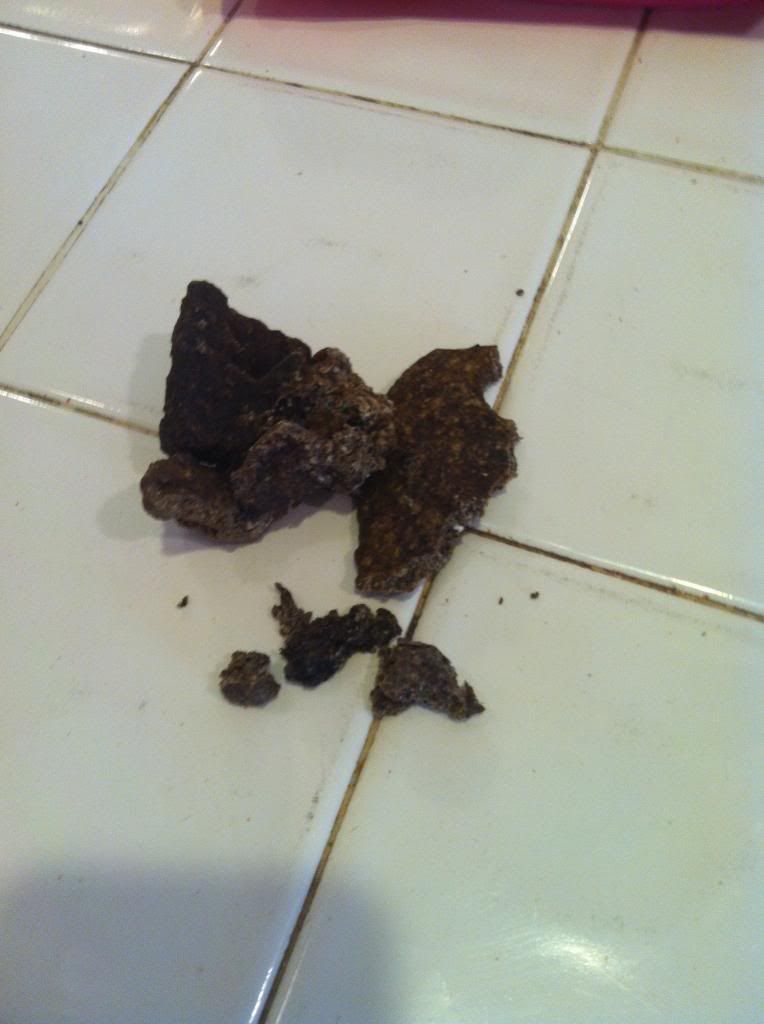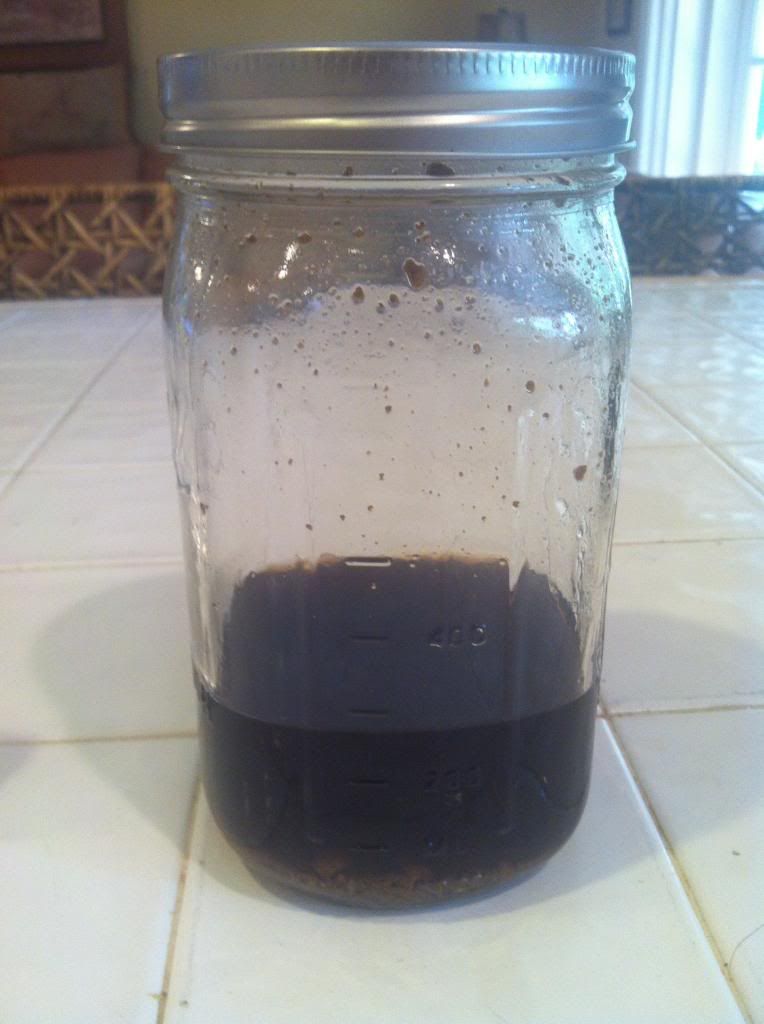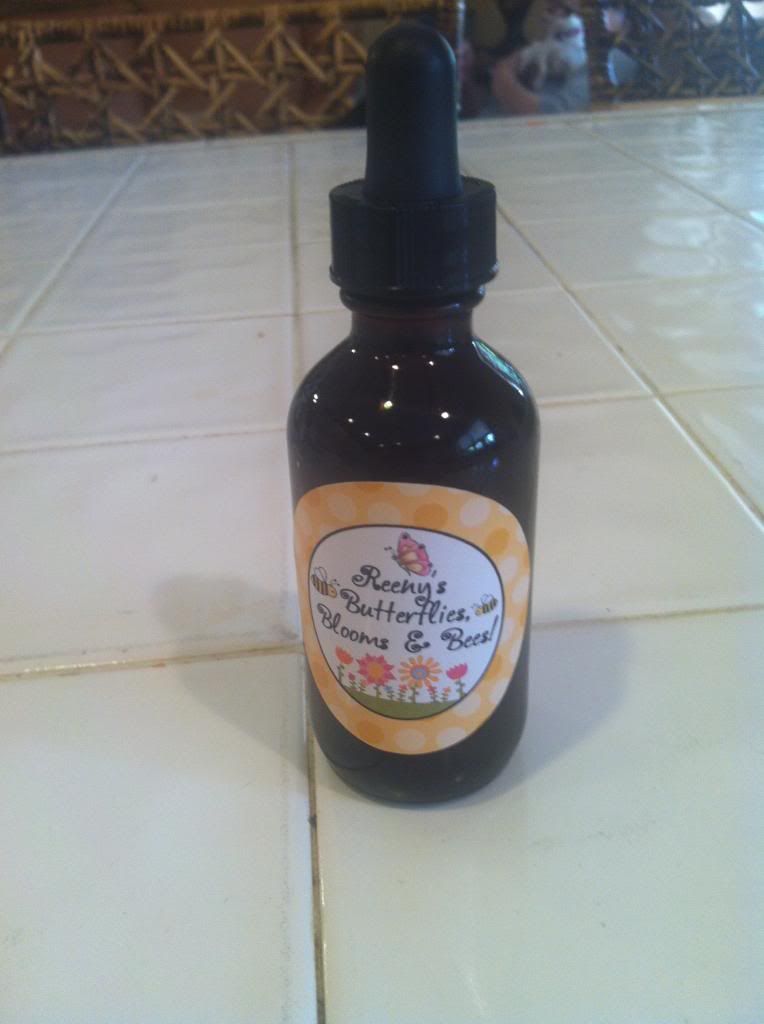- Reinforce the structural stability of the hive
- Reduce vibration
- Make the hive more defensible by sealing alternate entrance
- Prevent diseases and parasites from entering the hive, and to inhibit fungal and bacterial growth
- Prevent putrefaction within the hive. Bees usually carry waste out of and away from the hive. However, if a small lizard or mouse finds its way into the hive, the bees may be unable to carry it out through the hive entrance. In that case, they would attempt instead to seal the carcass in propolis, essentially mummifying it and making it odorless and harmless.
Propolis is valuable both internally and externally. It has excellent antiseptic properties. It can be used either dry or as a tincture. A tincture is something dissolved in Alcohol. I am making a 10% tincture. I started with 1 part propolis to 9 parts alcohol. Propolis is entirely insoluble in water, but will dissolve readily in strong alcohol. I picked up Everclear which is approximately 70% alcohol. I froze my propolis so that it would be less sticky and hard. I was then able to grind it up into smaller pieces. I placed those pieces in a mason jar with Everclear. On a daily basis I have been shaking the bottle with the propolis and alcohol. It has been in a dark cupboard for several weeks. Today I am ready to bottle my Tincture of Propolis.
Propolis tincture makes an excellent “Liquid Bandage.” Simply apply a few drops topically around a wound. It is highly antimicrobial; it stimulates immune activity and encourages rapid healing. Like honey, propolis has potent antimicrobial action against H. pylori, and is also among the better remedies for addressing cold and canker sores. Propolis is exceptionally nutritious: “Propolis has more bioflavinoids than oranges…it contains all the known vitamins except vitamin K and all the minerals needed by the body except sulphur.”
Here is a little poem from “Psalms from the Hive” by Jeannie Saum
Into something good for you
Is ever so rewarding.
Hard work and messy
But in the end a blessing.”
Ok I just bottled the tincture. I have to say that it is not really that tasty. It does have a resin quality to it. If you can get over the taste scientists believe it is the “perfect medicine.”
 |
 |  |

No comments:
Post a Comment